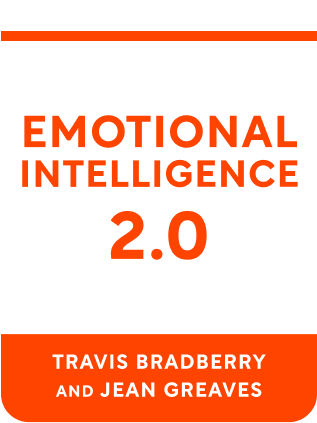

This article is an excerpt from the Shortform book guide to "Emotional Intelligence 2.0" by Travis Bradberry and Jean Greaves. Shortform has the world's best summaries and analyses of books you should be reading.
Like this article? Sign up for a free trial here .
What are the benefits of emotional intelligence? What role does it play in your life—personally, socially, and professionally?
According to Travis Bradberry, there are four main benefits of emotional intelligence. Specifically, EQ helps you process your emotions, control your thoughts, manage triggers, and deliver better performance.
Keep reading for more about the benefits of emotional intelligence and how it can contribute to better life outcomes.
The Benefits of Emotional Intelligence
Emotional intelligence is not a panacea for all life’s problems. However, the benefits of emotional intelligence cannot be underestimated.
EQ Helps You Process Your Emotions
You have emotional responses to almost everything you experience in your day-to-day life. Though many of your responses may seem minor, they’re important because your reactions develop into patterns of behavior.
Your brain is designed to prioritize emotions. Any time you interact with anything in the world, electrical signals travel through your body to the brain. Once these signals reach the brain, they first travel through the limbic system, the brain’s emotional center, on their journey to the frontal lobe, the brain’s logical center. Therefore, before you can have a rational thought, you have to process your emotions.
Emotional Intelligence Helps You Manage Triggers and Avoid Emotional Hijacking
Triggers are events that produce a significant emotional response. When this response controls your behavior, it’s known as an emotional hijacking:
- Facing a burglar may cause temporary paralysis.
- Winning the lottery may make your knees buckle.
- Hearing a loud noise may make you jump.
Emotional hijacking clouds your judgement and does not give your rational brain the chance to inform your decisions. High EQ skills allow you to recognize your triggers and avoid or effectively handle them.
EQ Helps You Control Your Thoughts and Develop Healthy Habits
You don’t have direct control over your emotions, especially when something triggers them. However, you do have control over your thoughts. You can calm yourself down and handle your emotions by thinking about perspective, timing, and other EQ skills.
EQ Helps you Succeed
High EQ develops skills that directly correlate to success (such as navigating complex situations and keeping calm under pressure). One study found that:
- EQ directly relates to 58% of skill sets in the workplace.
- People with higher EQs make an average of $29,000 more per year than those with low EQs.
- 90% of high-achievers had a high EQ.

———End of Preview———
Like what you just read? Read the rest of the world's best book summary and analysis of Travis Bradberry and Jean Greaves's "Emotional Intelligence 2.0" at Shortform .
Here's what you'll find in our full Emotional Intelligence 2.0 summary :
- What emotional intelligence is and why it's essential for your workplace success
- The 4 reasons you need to work on your EQ
- How you can use EQ to better manage relationships






